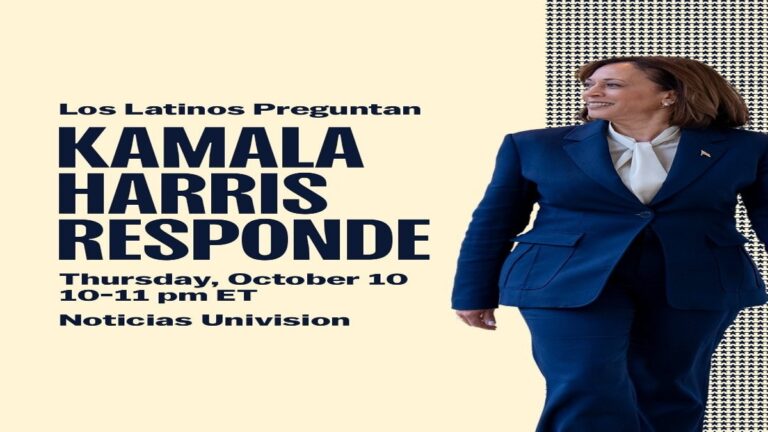Joe Biden Steps Down: Introduction
Joe Biden Steps Down, the political landscape of the United States is never static, and significant changes often reverberate through both domestic and global arenas. In a stunning development, President Joe Biden has stepped down from his position, triggering a cascade of speculation and analysis.
The Swiss investment bank UBS has provided an extensive analysis of the implications of this monumental shift, focusing on Vice President Kamala Harris’s ascension, potential moves by Donald Trump, and the S&P 500 target.
Joe Biden’s Presidency and Departure
Joe Biden’s presidency has been marked by efforts to stabilize the nation post-pandemic, tackle climate change, and promote economic recovery. Despite these endeavors, his tenure has also been fraught with challenges, including a polarized political climate and international crises. Biden’s resignation has left the nation at a crossroads, with significant implications for the political and economic future of the country.
Kamala Harris: The New President
Vice President Kamala Harris is set to become the first female, first Black, and first South Asian president of the United States. Her rise to the presidency comes with a blend of optimism and skepticism.
UBS’s Perspective on Kamala Harris’s Presidency
UBS analysts suggest that Harris’s presidency could bring a mix of continuity and change. Her policy perspectives are generally aligned with Biden’s, but she might bring a fresh approach to certain issues.
- Economic Policy: UBS expects Harris to continue focusing on economic recovery with an emphasis on infrastructure, education, and healthcare. Her experience as California’s Attorney General and a U.S. Senator suggests she might push for more robust regulatory frameworks, particularly in technology and finance.
- Climate Change and Green Energy: Harris has been a strong advocate for climate action. UBS anticipates a more aggressive push towards renewable energy and sustainability initiatives, which could benefit sectors like clean energy and electric vehicles.
- Social Justice and Equality: Given her background, UBS foresees Harris placing a high priority on social justice, criminal justice reform, and policies aimed at reducing racial and economic disparities.
Donald Trump: A Possible Return?
With Biden’s resignation, speculation is rife about Donald Trump’s next move. The former president remains a polarizing figure with a significant base of support.
UBS’s Take on Trump’s Potential Return
UBS analysts highlight several scenarios regarding Trump’s potential re-entry into the political arena:
- Immediate Impact: If Trump announces a 2024 presidential run, it could energize his supporters and reshape the Republican primary landscape. This could lead to heightened political volatility.
- Policy Shifts: A Trump campaign would likely emphasize his “America First” agenda, focusing on immigration, trade policies, and deregulation. UBS warns that such shifts could create uncertainty in international trade relations and impact global markets.
- Market Reactions: Historically, markets have had mixed reactions to Trump’s policies. UBS believes his potential return could create short-term volatility but also opportunities, particularly in sectors like defense, energy, and manufacturing.
The S&P 500 Target: UBS’s Analysis
The S&P 500, a key indicator of U.S. stock market performance, is expected to react to these political developments. UBS’s forecast considers several factors:
- Short-Term Volatility: The immediate market reaction to Biden’s resignation and Harris’s presidency could be turbulent. Investors may adopt a wait-and-see approach, leading to short-term volatility.
- Long-Term Growth: UBS remains cautiously optimistic about long-term growth. They predict that Harris’s policies on infrastructure and green energy could stimulate economic growth and create new investment opportunities.
- Sector-Specific Insights:
- Technology: Harris’s regulatory stance could create challenges, but the sector’s long-term growth prospects remain strong.
- Healthcare: Policies aimed at expanding healthcare access could benefit the sector.
- Energy: Renewables are expected to gain, while traditional energy sectors may face headwinds.
The Global Perspective
UBS also emphasizes the global ramifications of this political shift:
- Geopolitical Relations: Harris’s approach to international relations will be closely watched. UBS expects a continuation of Biden’s policies but with potential new diplomatic strategies.
- Trade Policies: Changes in trade policies could impact global markets. UBS highlights that Harris may seek to strengthen alliances and address trade imbalances more diplomatically than her predecessor.
- Foreign Investment: Stability in U.S. leadership could restore investor confidence. UBS predicts a potential increase in foreign investment, particularly in sectors aligned with Harris’s policy priorities.
Conclusion
Joe Biden’s resignation marks a significant moment in U.S. history, with far-reaching implications. UBS’s analysis provides a comprehensive look at what this means for Kamala Harris’s presidency, the potential re-emergence of Donald Trump, and the S&P 500 target. As the nation navigates this transition, investors and political analysts alike will be closely monitoring developments.
Harris’s presidency offers a blend of continuity and change, with potential opportunities and challenges for various sectors. Meanwhile, Trump’s possible return adds an element of unpredictability, underscoring the dynamic nature of U.S. politics. Through all this, UBS remains cautiously optimistic, highlighting both the risks and opportunities that lie ahead.


















This post really resonated with me. Keep up the good work.